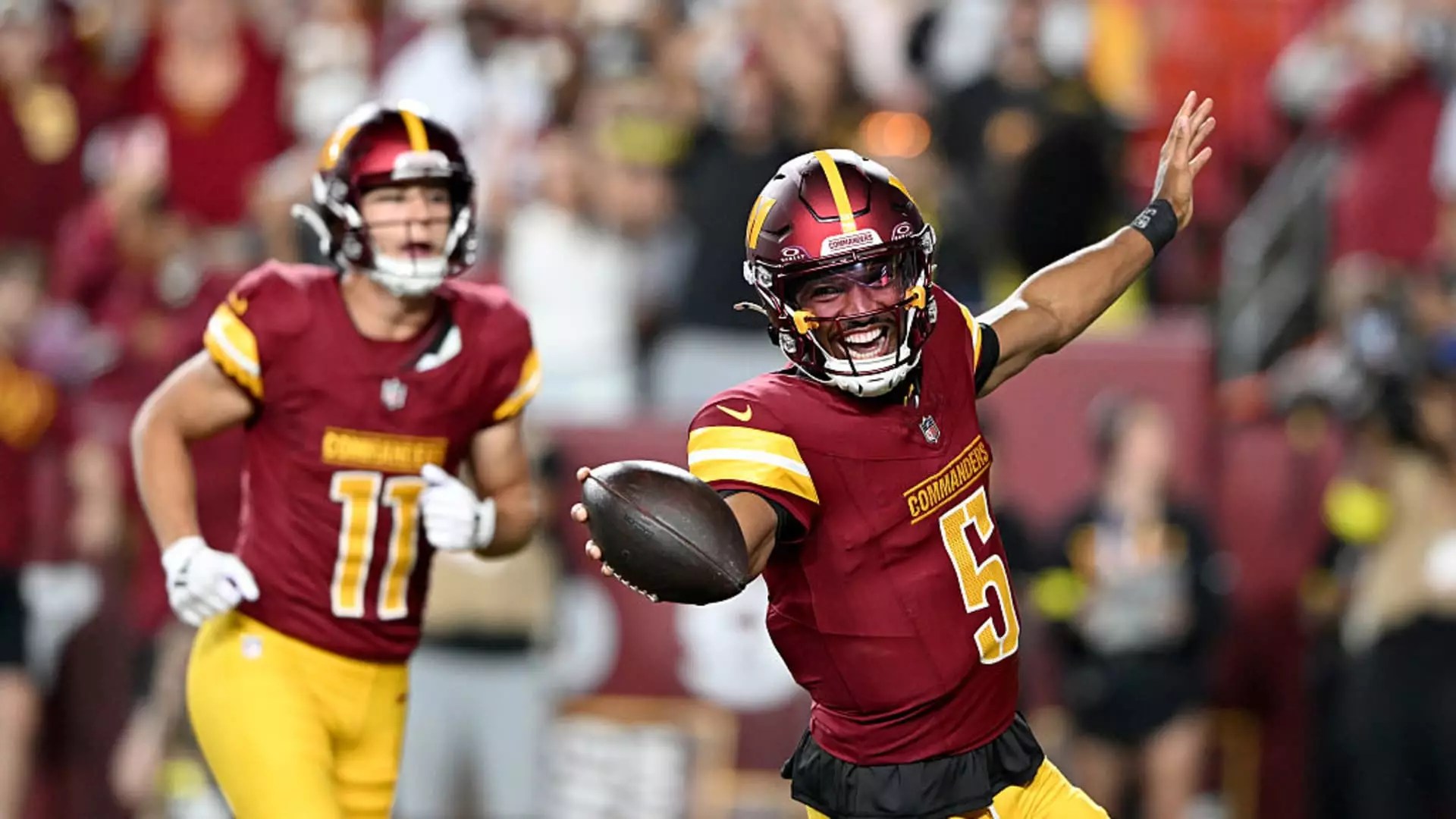Robinhood’s latest venture into prediction markets for professional and college football signifies more than just a technological update; it marks a philosophical shift in how financial platforms perceive sports. Where once betting was confined to illicit corners or regulated sportsbooks, the digital age now presents an opportunity for democratized, real-time engagement on outcomes. Robinhood’s move appears to be a strategic attempt to capitalize on the lucrative overlap between finance and sports, but it raises critical questions about the implications of turning sporting events into tradable assets.
From Investment to Entertainment: Blurring Boundaries
Unlike traditional sports betting, Robinhood’s prediction markets emphasize peer-to-peer trading, where users set prices and bet on outcomes directly with each other rather than through a bookmaker. This innovative format could foster a more interactive and flexible experience, but it also risks transforming passionate fandom into a speculative playground. The line between entertainment and financial risk becomes dangerously thin when every game’s outcome can be bought, sold, and manipulated. The platform positions this as a natural extension of its trading ecosystem, but one must scrutinize whether this normalization dilutes the genuine unpredictability of sports or undermines the intrinsic value of athletic competition.
The Risks of Turning Sports into Financial Commodities
Robinhood’s entry into sports prediction markets taps into a growing trend: merging sports enthusiasm with trading mentality. However, this intersection can breed reckless speculation and exacerbate issues surrounding problem gambling. The company’s assertions of these markets being distinct from conventional sports betting or gambling are optimistic at best. When participants trade based on projected game outcomes, they subtly treat sports as financial derivatives, which can escalate risk behavior among vulnerable users. Moreover, the rapid growth of these markets—over two billion contracts traded—may fuel a bubble of activity that isn’t sustainable or healthy in the long term.
Regulatory and Ethical Concerns
Another dimension that warrants critical scrutiny is the regulatory landscape. Prediction markets, especially those linked to sports, sit in murky legal waters. Governments worldwide are increasingly wary of sports betting, citing concerns over match-fixing, corruption, and integrity of competitions. Robinhood’s push into this arena could provoke regulatory clampdowns if its markets are perceived to undermine fair play or facilitate illegal gambling activities. Ethically, the platform’s focus on monetizing sports fandom raises questions about exploiting consumer passions for profit. It puts a spotlight on whether these markets prioritize entertainment or purely aim to generate revenue at the expense of consumer well-being.
A Center-Right Perspective: Balancing Innovation and Responsibility
From a center-right liberal stance, innovation in financial technology is vital for economic progress, but it must be accompanied by responsible regulation. Robinhood’s prediction markets have the potential to do good—fostering engagement and democratizing access to new asset classes—but also carry significant peril. Without proper safeguards, they risk normalizing harmful behaviors, such as compulsive betting or incentivizing match-fixing. It’s imperative that regulators and the platform itself consider limits, transparency, and consumer protection measures. Recognizing sports as a cultural institution, not merely a commodity for speculation, should guide the responsible development of these markets.
Robinhood’s foray into sports prediction markets underscores a broader trend of blending entertainment with financialization. While the innovation is undoubtedly intriguing, it must be approached with caution. The platform’s success could redefine how we engage with sports, but it also demands a careful balance between profit and principle, ensuring that the game remains genuinely sporting and not just a new frontier for speculative ventures.


Leave a Reply